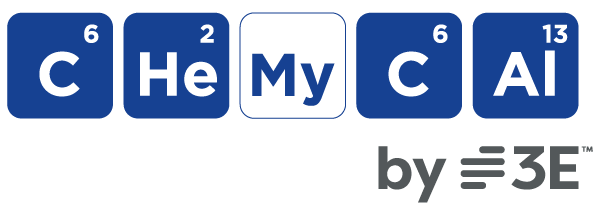On June 12, 2019, the US Environmental Protection Agency (US EPA) announced its seven enforcement and compliance assurance priority areas for fiscal years 2020-2023. One of the National Compliance Initiatives includes “Stopping Aftermarket Defeat Devices for Vehicles and Engines.” Specifically, the Agency expressed that it will have a focus on reducing aftermarket defeat device manufacture, sale, and installation across vehicle types.
Additionally, a recent case in the U.S. District Court for the District of Utah has the potential to broaden the reach of citizen suits under the Clean Air Act (CAA). The court permitted a group, the Utah Physicians for a Healthy Environment (UPHE), to bring a citizen suit against businesses and individuals engaged in the sale and repair of trucks for violations under 42 USC § 7522, including provisions regarding defeat devices. Section 7522 of the CAA, in part, prohibits any person manufacturing, selling, or offering to sell or install “any part or component intended for use with, or as part of, any motor vehicle or motor vehicle engine, where a principal effect of the part or component is to bypass, defeat, or render inoperative” emission-related devices or elements of design. Prior to this case, courts have restricted enforcement of violations under § 7522 to the federal government. By providing an avenue for enforcement through citizen suits, the district court’s approach expands the exposure manufacturers could face and may justify an additional layer of risk assessment for the industry.
The CAA’s citizen suit provision provides that citizens may commence a civil action for a “violation of (A) an emission standard or limitation under this chapter or (B) an order issued by the Administrator or a State with respect to such a standard or limitation.” Such an action may not proceed, however, “if the Administrator or State has already commenced and is diligently prosecuting a civil action in a court of the United States or a State to require compliance with the standard, limitation, or order. . . .” Historically, courts have interpreted the phrase “standard or limitation” to permit citizen suits only for air violations of stationary source emissions standards and certain other clear-cut violations. Violations under 42 USC § 7522 relating to the installation, sale, etc. of defeat devices, on the other hand, have traditionally been enforced only by government agencies because courts have interpreted the prohibitions in 42 USC § 7522 as not falling within “emission standards or limitations.”
Recently, however, in Utah Physicians for a Healthy Environment (UPHE) v. Diesel Power Gear LLC, et al., 2019 U.S. Dist. LEXIS 40545, the court considered a case where defendants allegedly violated 42 USC § 7522 of the CAA by tampering with emission control devices on diesel vehicles. Specifically, the petitioners claimed that the defendants “modified diesel trucks in violation of emissions limitations standards, sold parts designed to evade emissions standards, and sold illegally-modified trucks.” As a result, petitioners claimed these actions contributed to air pollution in the Wasatch Front and harm to members of UPHE. Chief Judge Shelby ultimately issued partial summary judgment to UPHE regarding its claims that the defendants violated the CAA and the Utah State Implementation Plan (SIP) regulations “relating to the installation, removal, operation, and sale of emission control devices on diesel vehicles.” In doing so, Judge Shelby potentially brought Section 7522 violations under the umbrella of CAA citizen suits.
CONTINUE READING ON www.freshlawblog.com



